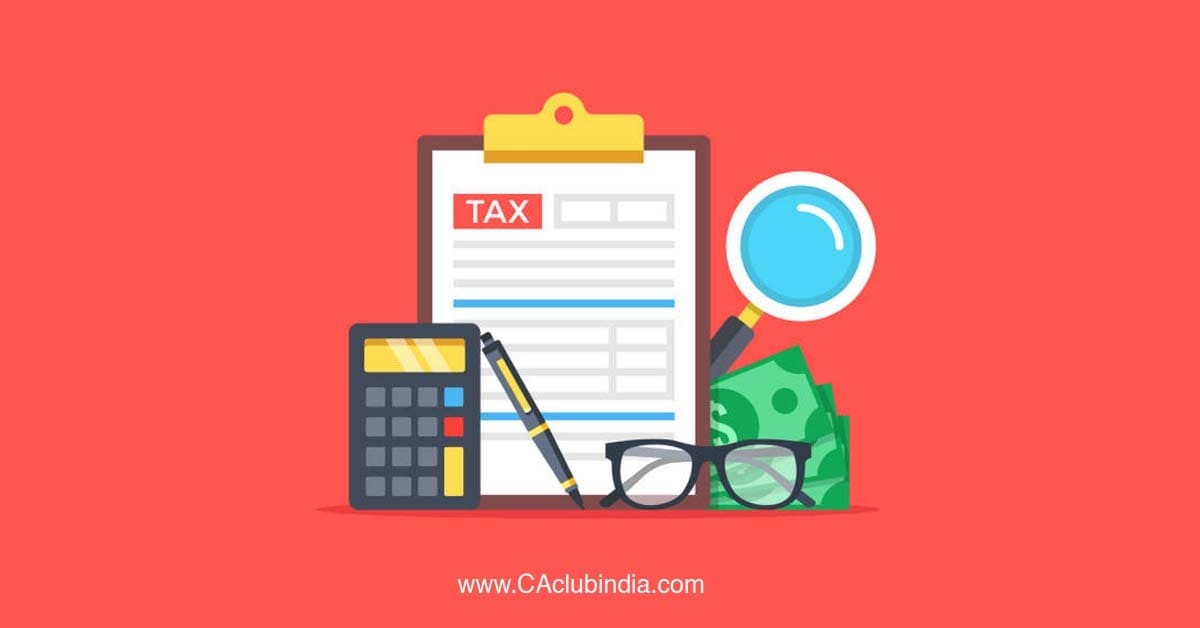Introduction
Advance tax is a tax that needs to be paid in advance on estimated income, in contrast to the regular tax paid at the end of the financial year. In this article, we will cover the basics of advance tax, including the procedure for calculating and paying it.
Table of Contents
What is Advance Tax?
Advance tax refers to the tax that is paid in advance on the estimated income, rather than waiting until the end of the financial year to pay the entire tax liability. It is also known as the 'pay-as-you-earn' tax, as it requires taxpayer to estimate their income and pay tax on it as they earn it.

Applicability of Advance tax
Advance tax is applicable to all individuals, including salaried employees, freelancers, and business owners, whose tax liability for the financial year exceeds Rs. 10,000. However, senior citizens who do not have any income from business or profession are exempt from paying advance tax.
Importance of Advance Tax
Advance tax is important as :
- It helps the government in the smooth collection of tax revenue throughout the year, rather than collecting it at the end of the year.
- For individuals and businesses, it helps in better financial planning by spreading the tax liability over the year, rather than paying a lump sum at the end of the financial year. Non-payment or delay in payment of advance tax can attract penalties and interest, which can be avoided by paying the tax on time.
How to Calculate Advance Tax?
To calculate advance tax :
Estimate your taxable income - The first step in calculating the advance tax is to estimate your taxable income for the financial year. This includes income from all sources, including salary, interest, rental income, capital gains, and business profits.
Calculate your tax liability - Once you have estimated your taxable income, you can calculate your tax liability for the year based on the prevailing income tax rates and slabs. You can use an online tax calculator or consult a tax professional to determine your tax liability.
Deduct TDS from your tax liability - If you have received any income on which tax has been deducted at source (TDS), you can deduct this amount from your tax liability. This includes TDS on salary, interest income, and other payments subject to TDS.
Calculate your advance tax liability - After deducting TDS from your tax liability, you will arrive at your net tax liability for the year. You can then calculate your advance tax liability based on the due dates and installment percentages prescribed by the Income Tax Department.
Advance Tax Due Dates
| Due date | Compliance |
Tax Payable |
| 15th June 2023 | First Installment | 15% |
| 15th September 2023 | Second Installment | 45% |
| 15th December 2023 | Third Installment | 75% |
| 15th March 2024 | Fourth Installment/ For presumptive taxation scheme | 100% |
Procedure to Pay Advance Tax
Modes of payment
There are several modes of payment available for paying advance tax, including:
- Cash payment at designated banks
- Cheque payment at designated banks
- Online payment through net banking
- Online payment through debit or credit cards
- National Electronic Fund Transfer (NEFT)
- Real-Time Gross Settlement (RTGS)
Challan 280
To pay advance tax, you need to fill in Challan 280, which is a form available online and offline. This form contains details such as your name, address, PAN, assessment year, type of tax, bank name, and amount of tax to be paid. Once you have filled in the form, you need to submit it along with the payment at the designated bank or make an online payment.
Online payment
You can make an online payment of advance tax through the Income Tax Department's website using net banking or a debit/credit card. You need to select the relevant assessment year and enter your PAN, followed by selecting the type of tax as 'Advance Tax.' You can then enter the amount of tax to be paid and choose the mode of payment.
Penalty for non-payment or delay in payment
If you fail to pay advance tax on time or pay less than,
- The prescribed amount, you will be liable to pay a penalty under Section 234B and Section 234C of the Income Tax Act.
- The penalty is usually charged at the rate of 1% per month or part thereof on the unpaid amount. Additionally, interest may also be charged on the unpaid tax liability at the rate of 1% per month or part thereof.
- Therefore, it is essential to pay advance tax on time to avoid penalties and interest.
Conclusion
Advance tax is an important aspect of tax compliance for individuals and businesses. By understanding the basics of advance tax, you can plan your finances and avoid penalties for non-payment or delay in payment.








 CAclubindia
CAclubindia
